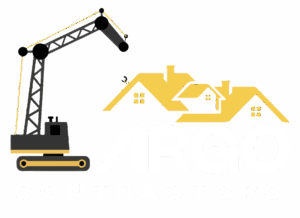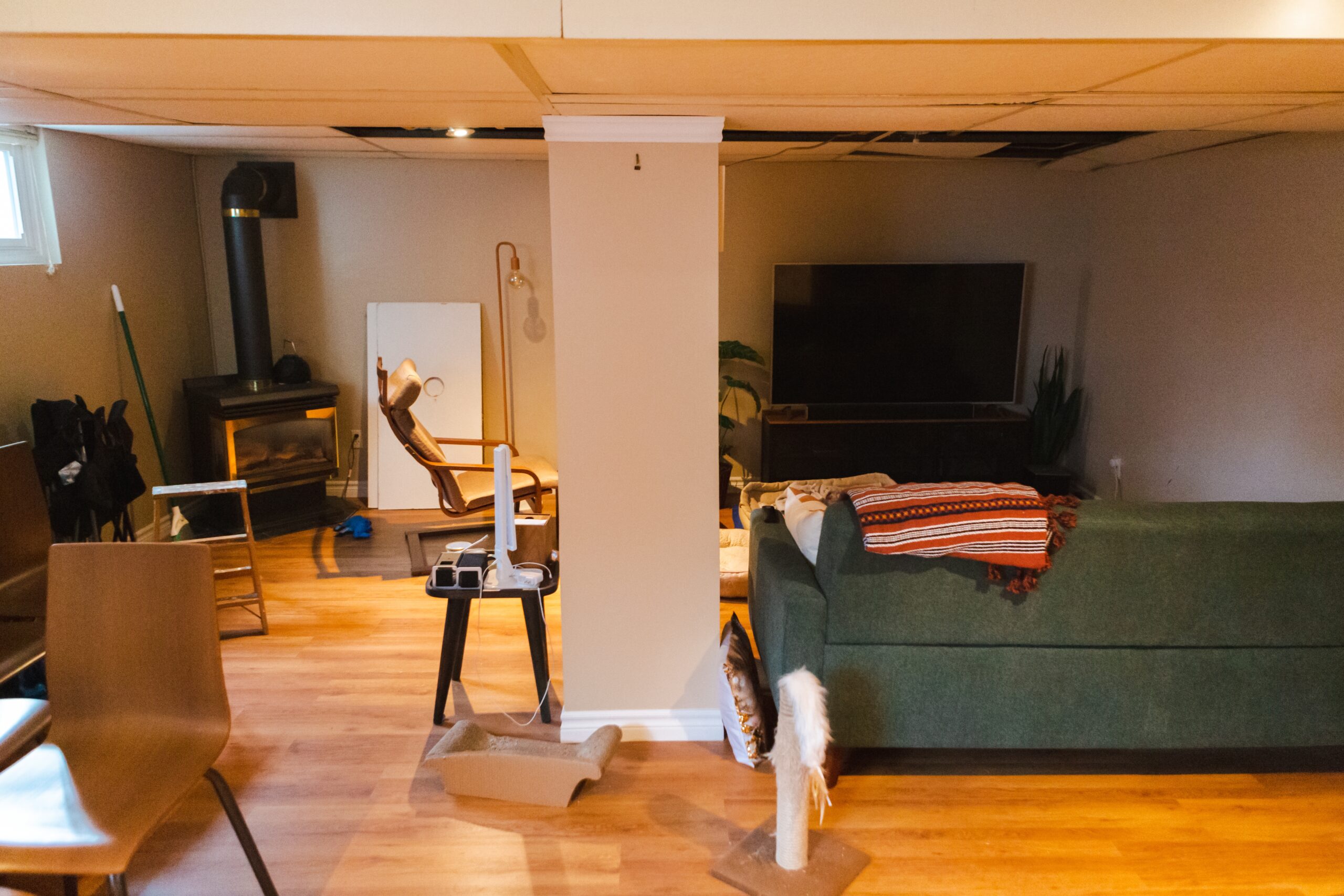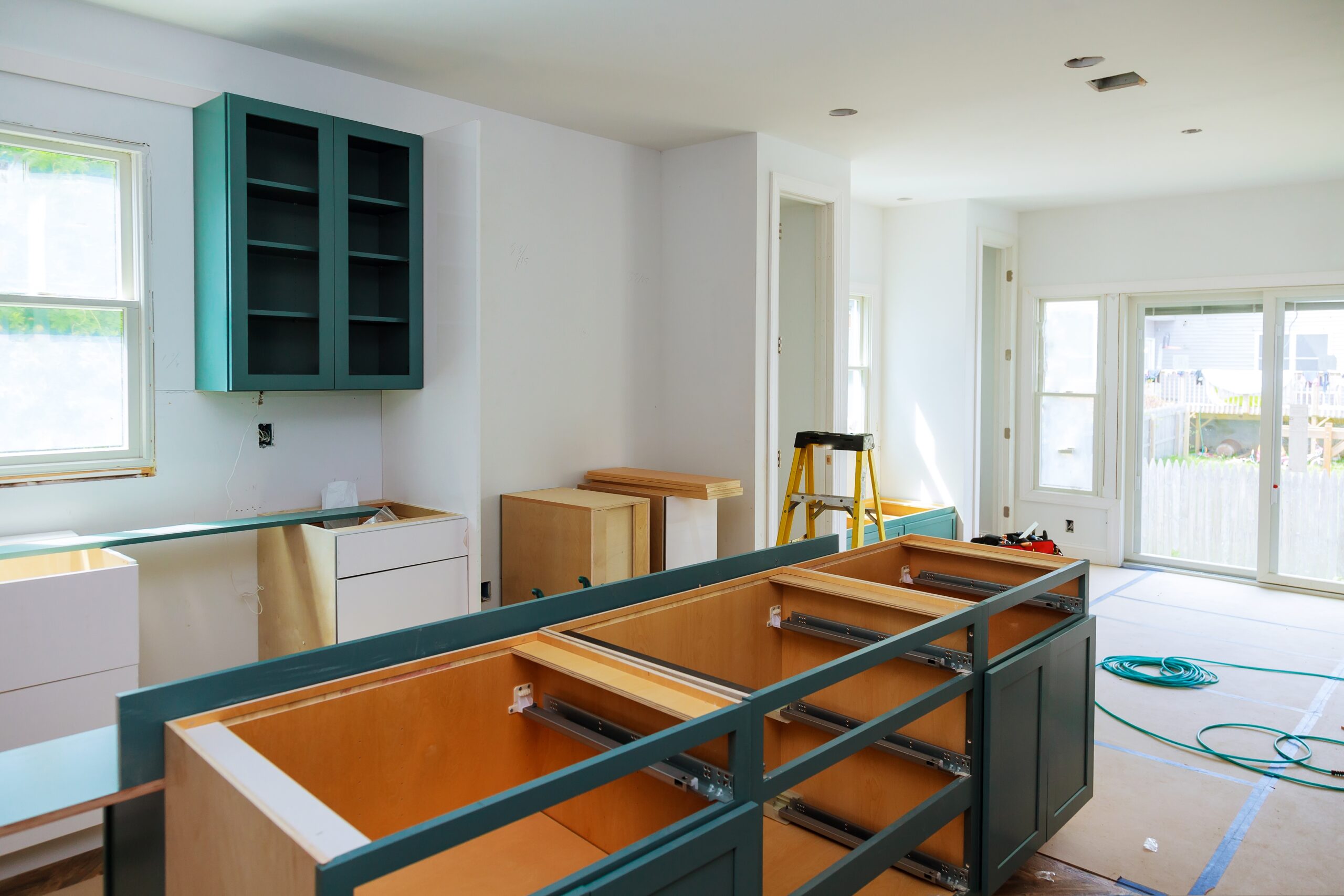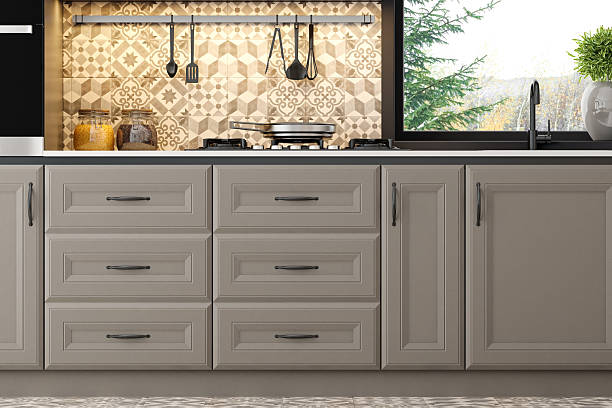Choosing the right kitchen remodeling contractor is essential for the success of your project. To help you make an informed decision, we have provided a comprehensive guide on how to choose a kitchen remodeling contractor. This resource will walk you through the key factors to consider, ensuring you select a qualified professional.
In addition, you will find tips and advice tailored specifically for homeowners in Arlington. Don’t overlook this important step in your remodeling journey!
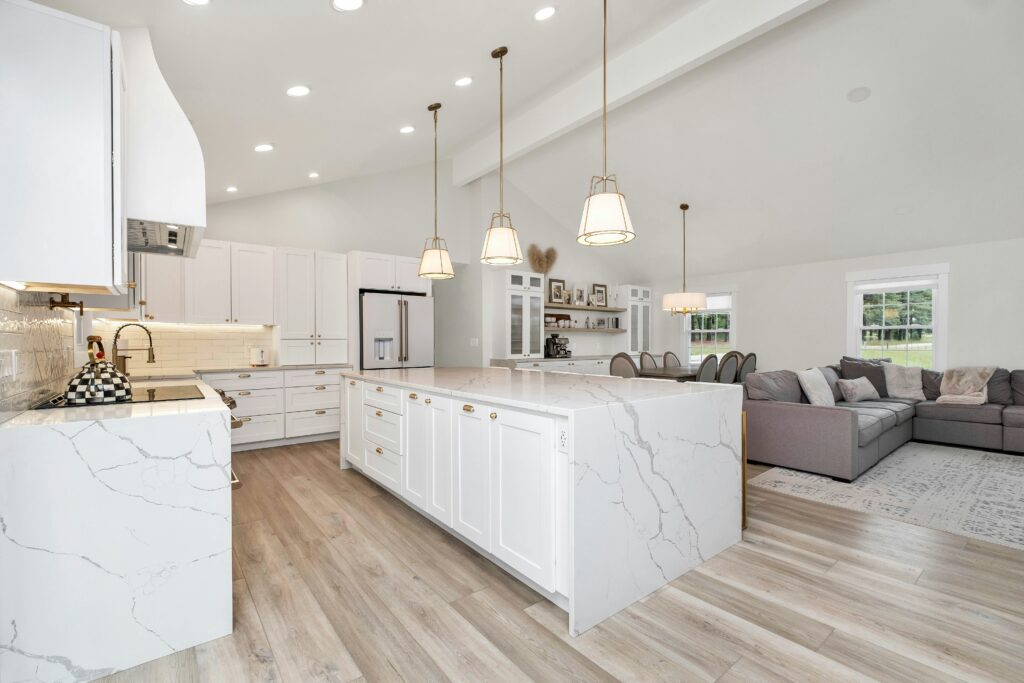
1. Factors Influencing Kitchen Remodel Duration
Before you dive headfirst into your renovation, it’s vital to understand the array of elements that affect your overall timeline. Firstly, the existing layout of your kitchen plays a major role. If you are satisfied with the current kitchen layout, you likely won’t need to move plumbing lines or remove walls. Consequently, the duration of your project can be shorter than if you decide to tear everything down and start from scratch. Conversely, radical transformations that rearrange major appliances or completely reposition countertops can extend your timeline significantly. Secondly, the availability of materials is a key variable. You might have specific cabinetry, high-end countertops, or unique light fixtures on your wish list. Imported materials, for example, can require an extended lead time for shipping. Moreover, if you are ordering custom-made cabinets or specialized appliances, any supply chain disruptions or provider delays can lengthen your remodeling schedule by weeks—or sometimes months. Additionally, your contractor’s schedule can either speed things up or slow them down. If you chose a reputable kitchen remodeling contractor in high demand, you might face a waiting period before the crew even begins work. Nonetheless, a reliable contractor is often worth the wait, because their coordinated approach can keep your job running more smoothly in the long run. They’ll ensure your electrician, plumber, and other subcontractors arrive on site at the right time, preventing significant work delays. This level of coordination is pivotal if you want more accurate time estimates. Finally, unexpected issues also pop up during many renovations. Discovering shoddy wiring or hidden water damage, for instance, may force you to halt the job temporarily while you address these concerns. Although no renovator wants to hear about delays, it’s better to handle structural or safety problems in a thorough manner. Rushing through critical repairs could lead to higher costs and more headaches down the road. Having some schedule flexibility—and a small contingency budget—can save you stress if unforeseen troubles surface, particularly if you own a house that has been around for a decade or more. By understanding these factors beforehand, you can plan for a more realistic timeframe, maintain your budget, and remain patient if minor slowdowns occur.2. Average Timeframes for Different Kitchen Remodels
Once you grasp the factors influencing the remodel duration, it helps to look at some general timelines. However, keep in mind that these numbers offer rough estimates. Every remodel is unique. That said, you can still use these averages as a reference point for initial planning. Typically, small-scale projects that focus mainly on cosmetic changes require fewer weeks. Meanwhile, large-scale remodels with a complete overhaul can last several months or more. For example, a minor refresh might involve repainting cabinetry, updating hardware, installing new lighting, and perhaps adding a modern backsplash. Such projects might be completed in four to six weeks. Next, a medium-level remodel often includes replacing cabinets and countertops, upgrading appliances, and reworking some utilities. Such a project may last anywhere from six to ten weeks. On the other hand, a major undertaking that calls for gutting the entire kitchen, replacing floors, moving plumbing, upgrading electrical systems, and a brand-new layout can run from ten to sixteen weeks. If you add custom cabinetry or specialized finishes into the mix, those timelines may creep even higher. In some cases, homeowners choose a faster approach known as a “pull and replace,” wherein existing appliances and fixtures are replaced without major structural modifications. If you’re rocking a simpler kitchen design and build, you could wrap things up in a swift time frame, especially if no hidden issues emerge. However, if you want your kitchen to have integrated technology, specialty countertops such as quartzite, or high-end finishes, expect to build in a little more time. Transitions also matter: for instance, if your unavailability or busy schedule causes you to miss key contractor meetings, your project might stall. Conversely, if your contractor allocates full-time focus to your kitchen, the timeframe could be reduced. Ultimately, average timeframes vary, but understanding the metrics for small, medium, and large-scale remodels helps you see the bigger picture. This way, you can budget accordingly, arrange temporary alternatives for cooking and food storage, and communicate effectively with your remodeling team.3. Working with a Kitchen Remodeling Contractor: How They Affect Timelines
When outlining the answer to how long does a kitchen remodel take, it is essential to recognize the pivotal role played by your chosen kitchen remodeling contractor. A contractor’s expertise, project management skills, and communication style can all directly influence whether your remodel finishes early, on time, or drastically late. Therefore, selecting a professional with proven experience can make all the difference in steering your renovation toward success. To begin with, a contractor who possesses in-depth knowledge of kitchen design and build processes can help you set realistic milestones. By walking through your ideas, they can inform you of potential construction or compliance hurdles well before demolition starts. These contractors often have an established and reliable network of electricians, plumbers, and carpenters. Due to that relationship, scheduling tradespeople becomes more straightforward, reducing the risk of having workers waiting on site for a specialized rework to be finished. Moreover, a proficient contractor coordinates ordering, deliveries, and inspections in a logical sequence, which helps you avoid unproductive waiting periods. Equally important is communication and transparency. A thorough contractor will hold regular progress meetings, or at least provide consistent updates, so you always know where you stand in the schedule. If an unexpected issue arises—like discovering wood rot behind the cabinets—they will notify you promptly, enabling you to reallocate funds or adjust your timeline accordingly. This open dialogue helps prevent small hitches from turning into big delays. Conversely, poor communication and lack of forethought can generate confusion and frustration. Work might stall if the contractor fails to schedule multiple tasks in a sensible order. In addition, your contractor’s workload is crucial. If they’re juggling too many projects, they may lack the time to handle your remodel effectively. On the other hand, if you find a contractor who focuses exclusively on your dream kitchen for a set period, you’ll likely see improvements in both quality and project speed. All in all, a capable kitchen remodeling contractor can be your ally, guiding the project with efficiency and insight, ensuring you remain aligned with your anticipated finishing date.4. Planning and Design Phase: Setting the Foundation for a Successful Remodel
Planning is arguably the most critical element of any successful kitchen remodel. While the demolition and construction stages appear to define the visible transformation, it’s the groundwork laid in the planning and design phase that shapes the entire project’s efficiency. During this step, you consider everything from your color palette to appliance placement and from budget constraints to future-proofing your layout. For more detailed tips on this process, check out our guide on how to prepare for a kitchen remodel. This thorough approach prevents mid-project surprises and sets realistic scheduling expectations for everyone involved. Firstly, you’ll discuss your goals and future usage of the space. Maybe you want an open-concept plan that merges the kitchen with your living or dining area. Alternatively, you might prioritize cooking efficiency with specialized storage solutions for your culinary tools. You might also require accessible features if you plan to age in place. In all these scenarios, the planning phase will dictate the structural or design modifications required and help outline how long specific tasks will take. Secondly, you’ll select the perfect combination of materials, finishes, and fixtures. Do you prefer granite, quartz, or marble countertops? Should your cabinets be custom-built or ready-to-assemble? And what about your sink, faucet, and lighting fixtures? The answers to these questions don’t just affect aesthetics; they also impact shipping times, labor costs, and potential complications like additional support required for heavier countertops. A thoughtful approach to planning can reduce the likelihood of backorders or last-minute design changes, sparing you from schedule-shifting predicaments. Lastly, putting everything into a coherent design plan is where a kitchen design and build professional truly shines. Design experts create floor plans, 3D renderings, or conceptual sketches that help you visualize the final product before construction begins. They also ensure compliance with local building codes, obtaining any necessary permits on your behalf. This level of due diligence is vital because unexpected code violations can derail your timeline. The more comprehensive your planning process, the clearer your path toward a timely kitchen transformation. In the end, time spent on meticulous planning often equates to fewer change orders and a more dependable schedule once the actual work begins.5. Common Delays in Kitchen Remodeling Projects
Even with detailed planning, delays can still creep into your project schedule, especially in a renovation setting. Sometimes, it’s due to unforeseen structural issues discovered only after the demolition phase. At other times, materials arrive late because of manufacturing bottlenecks or shipping slowdowns. There are also factors beyond anyone’s control, such as extreme weather that disrupts deliveries or local regulations that require extra inspections. Knowing about these possibilities upfront can help you stay more calm and flexible when they occur. One frequent cause of delay is related to permits and inspections. Every municipality has its own rules and timelines for permit approvals. If your kitchen remodel involves significant structural or electrical changes, you will likely need official sign-offs at multiple stages. Scheduling an inspector, coordinating follow-up visits, and rectifying any code discrepancies can add days or even weeks to your completion date. Although it’s tempting to skip this step or work without permits, doing so can lead to hefty fines and potential legal issues down the road. Another often cited setback is late delivery of key items. For instance, custom cabinets can take longer than expected to build, or a specific appliance might be on backorder. In addition, specialized countertops or luxury tiles sometimes undergo extended manufacturing processes. If these materials do not arrive by the time the contractor is ready to install them, the entire project might be put on hold. A well-organized contractor will usually order critical materials early in the process, but supply chain problems aren’t always predictable. Change orders also disrupt timelines. Whether it’s a sudden design change or an upgrade to higher-quality finishes, shifts in your selection might require the project to pause while you wait on new material or recalculate costs. Because each adjustment can ripple through your schedule, it’s wise to confirm all design details upfront. While no remodel is 100% predictable, being aware of these possible snags and planning for them helps ensure you won’t be caught off guard as your kitchen remodel proceeds.

